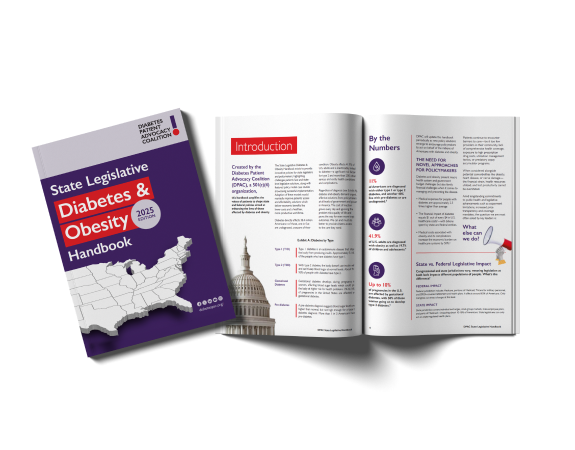A lifeline for children with Type 1 diabetes

.png)
This immense mental strain highlights the need for better support and resources, especially in schools where acute diabetes-related emergencies present a critical challenge. This includes education about the disease, access to necessary medical supplies, and a supportive school environment. By understanding the challenges faced by these children, we can help them thrive and reach their full potential.

While significant strides have been made in diabetes care, the threat of severe hypoglycemia remains a constant worry for students with Type 1 diabetes as well as school staff. Georgia pioneered a model that prioritizes student safety by enacting legislation that allows schools to stock and administer "undesignated" glucagon. This lifesaving medication treats hypoglycemia and prevents its dangerous, sometimes fatal, effects.

Glucagon is an emergency medication that quickly reverses severe hypoglycemia, a critical countermeasure to the potentially fatal effects of low blood sugar. While insulin helps control blood glucose daily, glucagon acts as a crucial safety net for unexpected low blood sugar emergencies.
Families are encouraged to send children to school with glucagon, but relying solely on individual supplies creates unacceptable gaps in safety. If students forget their medication or become unconscious and can’t self-administer it, the lack of glucagon could lead to serious harm.
It’s an urgent imperative to provide a readily available, universal supply within the school environment. Stocking "undesignated" glucagon ensures schools always have it available for emergencies.

By establishing glucagon as a standard component of school health services, we can mitigate disparities and help families who might struggle to afford these critical supplies, ensuring all students have equal access to this critical resource.
Would you like to contact DPAC to work on legislation in your state? Drop us a line.

